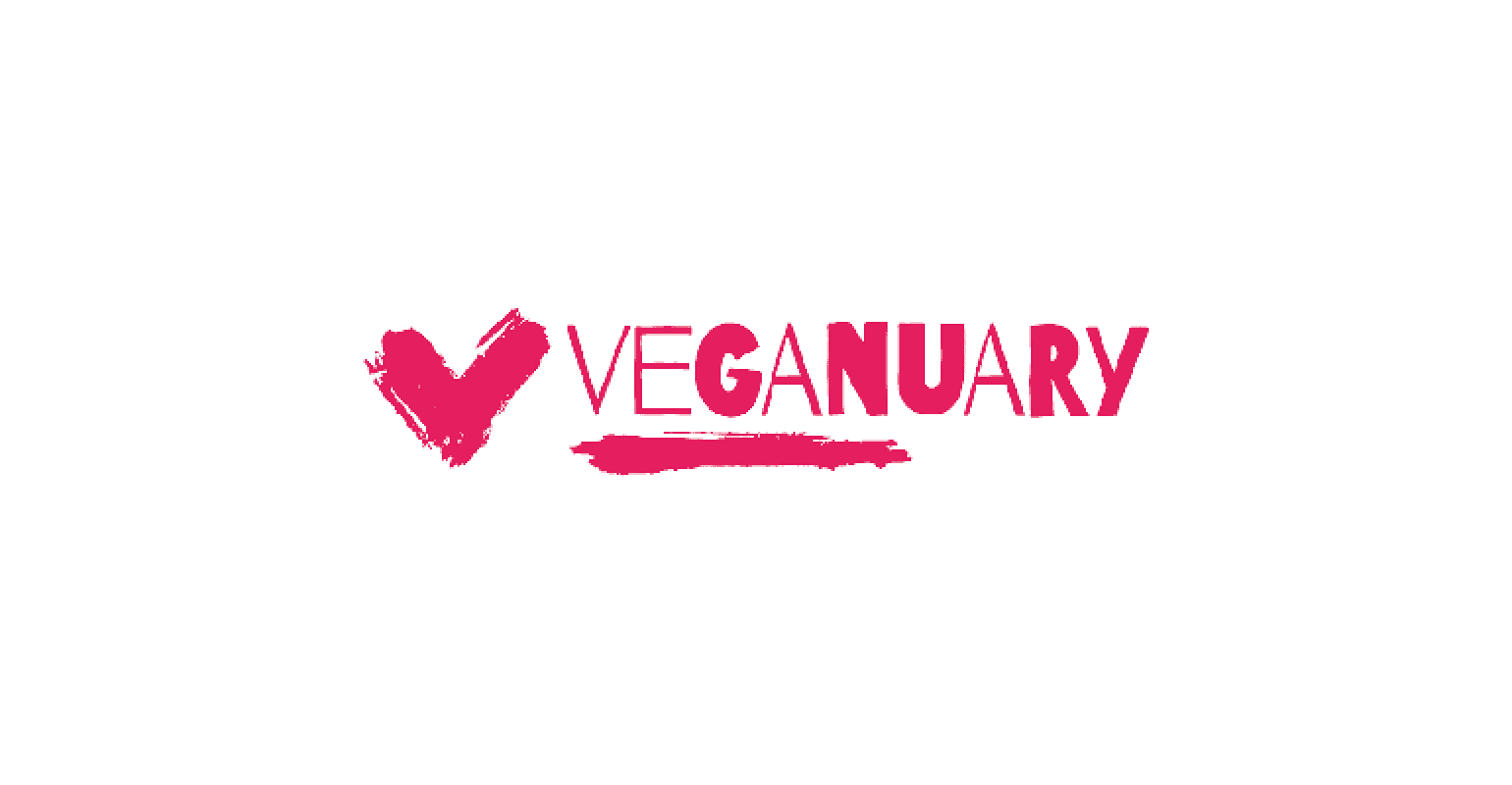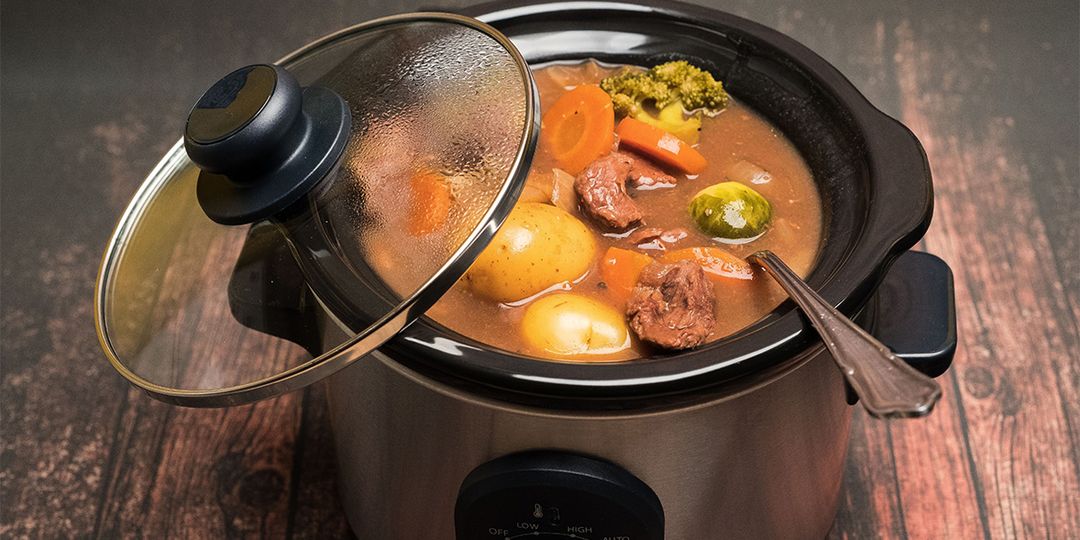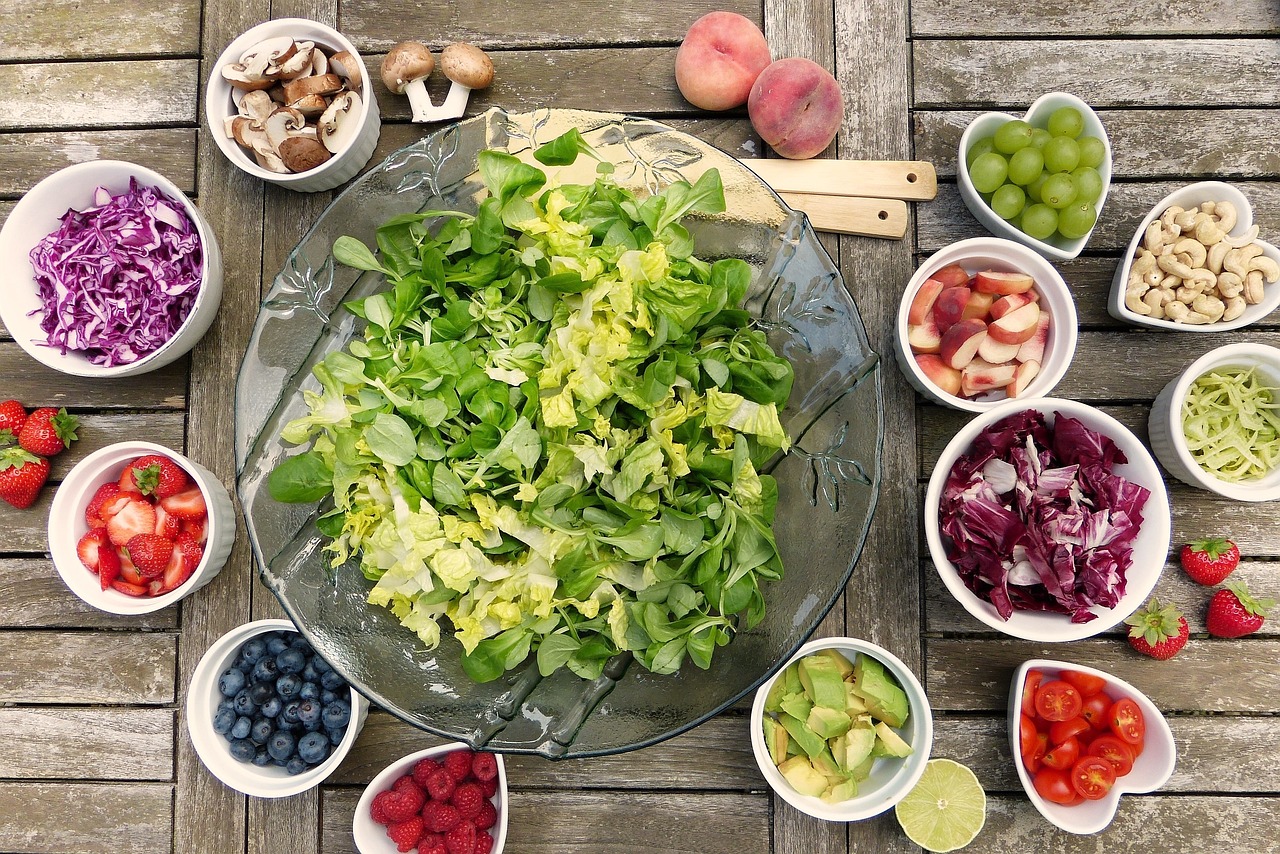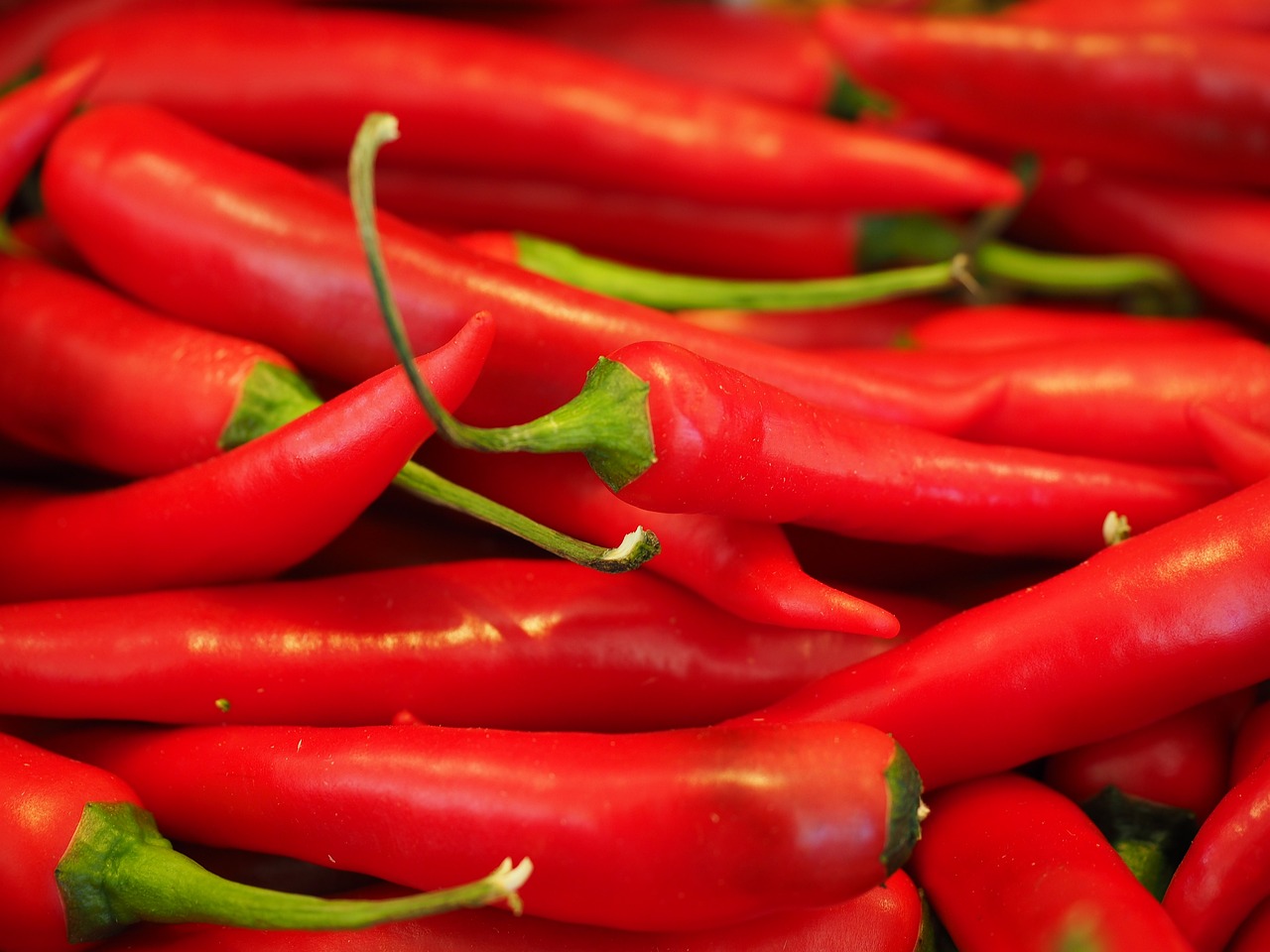Hello and Happy New Year from us to you! Welcome to the January 2024 edition of the Zero Waste LCR Food for Thought blog.
This monthly round-up of food-related dates features tips, recipes and facts which aim to help Liverpool City Region residents cut down on food waste to protect our planet for future generations…
Food Waste in Liverpool City Region
According to the Waste Composition Analysis 2021/22 – Kerbside report produced by Merseyside Recycling & Waste Authority, food waste across the six districts of Liverpool City Region (Halton, Knowsley, Liverpool, Sefton, St Helens and Wirral) makes up an average of 31.6% of all the kerbside collected residual waste collected, which equates to an estimated 134,107 tonnes per annum. Furthermore, it is estimated that 73.2% of all the food in the kerbside collected residual waste is classified as avoidable (meaning it is disposed of packaged or in a prepared but uneaten condition).
The Good News
The good news is that there are methods that residents across the region can introduce to reduce the amount of food waste. Generating less waste is a pivotal component in reducing the effects of climate change. Beyond creating a more sustainable environment, reducing food waste saves money and provides plenty of chances to get creative in the kitchen – even for those who wouldn’t usually dream of cooking.
So, without further ado, dig in and enjoy!
Veganuary (1 – 31 January)
Monday 1 January marks the start of the month-long #Veganuary campaign…
Whether you’re a seasoned vegan, you’re making a New Year’s resolution to eat less meat, or you simply want to explore new food ideas, Veganuary is for everybody.
A look back through the fledgling archives of our Food for Thought blog series (previous editions can be accessed via the Zero Waste LCR Blog) will tell you why veganism is widely considered to be better for the environment – as well as measures we can introduce to stop food waste, such as home composting.
As for Veganuary itself, this non-profit organisation has attracted millions of sign-ups for their one-month vegan pledge since 2014, with the aim of encouraging people to move to a plant-based diet “as a way of protecting the environment, preventing animal suffering, and improving the health of millions of people”.
You can sign up to Veganuary for free via their website – upon doing so, you will receive free resources including a Celebrity Cookbook, a Vote for Veggies Meal Plan, a Budget Meal Plan, a One Pot Meal Plan, and Vegan Starter Kit.
Slow Cooking Month (1 – 31 January)
Another month-long food celebration kicking off on Monday 1 January is Slow Cooking Month.
There are many benefits to slow cooking which can make life easier while helping the environment.
So, why are slow cookers so good?
- They top up tastes: The extended cooking time involved during the slow cooking has become famous for releasing fuller flavours, enriching many already-loved home recipes.
- They block the burn: Lower temperatures prevent food from sticking to the pan and burning.
- They are a great tenderiser for fatty meats: From cheaper cuts of beef to venison, there are many tough cuts of meat which are softened during the slow-cooking process.
- They free up other appliances: Using the slow cooker can be handy for when you are cooking for gatherings at home, as it frees up other appliances such as the oven and hob.
- They save on washing up: Theres no need to use multiple pans during the slow-cooking cooking process, which helps lessen the load on your kitchen sink or dishwasher.
- They are mobile: Whether you’re borrowing your slow cooker to family or friends, you are headed on a self-catered break away or you’re moving house, slow cookers travel well.
- They are convenient: Once your ingredients are prepped, it’s just a case of chucking them into your slow cooker and waiting for your food to be ready – no need to stand and stir, which is great if you have other things to do around your home. If you’re really dedicated (look away if you’re not a morning person!) you can prep your food and pop it in the slow cooker prior to going to work – that way, you can come home to a ready to serve meal! If you are new to the slow-cooking game, to be on the safe side, we’d recommend trying out your slow cooker on a few settings before leaving it unattended, just to be safe.
- They save energy: Here’s where the slow cooker’s environmental benefits come in – they use less energy than a conventional oven. This is not only better for the planet (as it’s less carbon-intensive) but it also reduces money spent on your energy bills.
- They are a great way of using up food which is near its best before or expiry date: This owes to the fact that slow cookers are used for one pot wonders, which often involve chucking a load of random ingredients to make one tasty meal (think soups, casseroles, pasta dishes, rice dishes etc). Not only is this a way of achieving a tasty meal, but you also prevent food from going to waste!
Ready to get started on your slow cooker journey? Visit Love Food Hate Waste and BBC Good Food for a range of recipes and tips!
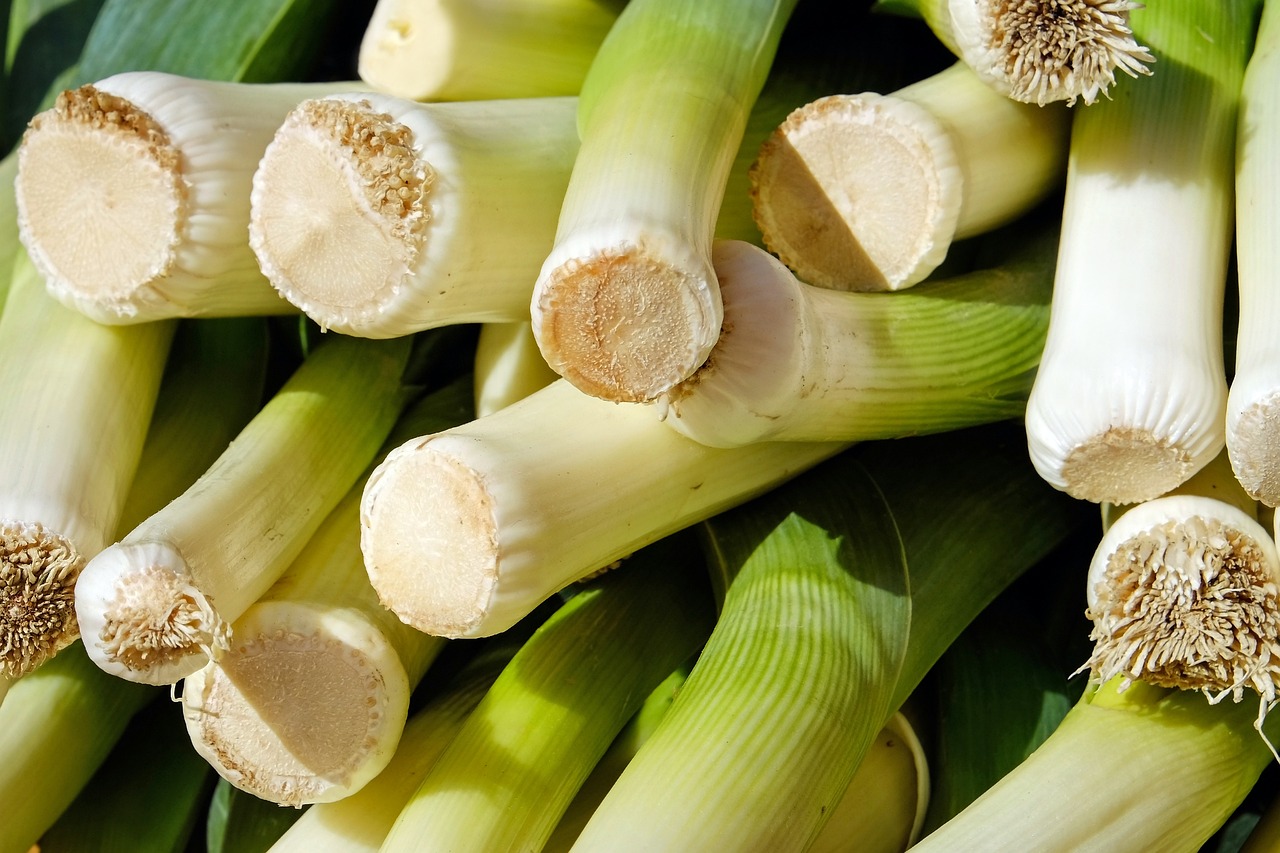
National Tempura Day (7 January)
National Tempura Day is back on Sunday 7 January!
Originating from Japan, tempura is a light golden crispy batter which is typically used to coat fish, shellfish, and vegetables.
The delicious, deep-fried delight can be used for upcycling leek tops and over leftover veggies into delicious treats – a great way to cram in extra nutrients while beating the bin!
This recipe from The Guardian shows you how it’s done – what’s more, this try-at-home dish uses aquafaba (water that has been used to cook chickpeas and other pulses) which is another great way of reducing waste!
Food Diversity Day (13 January)
A relatively new date in the annual food calendar, Food Diversity Day returns for its second year on Saturday 13 January.
Food Diversity Day celebrates the UK’s most endangered foods. The day is inspired by the work of author, Dan Saladino, who travelled around the globe to learn about the world’s most endangered foods.
Saladino’s findings are journalled in his book, Eating to Extinction: The World’s Rarest Foods and Why We Need To Save Them.
A widely publicised snapshot of Saladino’s research states that of the 6,000 plant species humans have eaten over time, the world now mostly grows and consumes only nine, of which just three – rice, wheat and maize – provide 50 percent of all calories. Add potato, barley, palm oil, soy and sugar (beet and cane) and you have 75 percent of all the calories that fuel our species. Saladino also observes that diversity within these crops is disappearing, as we rely on a smaller and smaller number of high yielding varieties.
Why is food diversity so important?
Food diversity is important for the planet’s health and survival, human health, food security, local economies, soil life, wildlife and insect life.
In short, greater diversity in what we eat creates a more resilient food system.
Want to find out more?
A series of videos from last year’s Food Diversity Day are available via Dan Saladino’s official website.
Hot Sauce Day (22 January)
We’re set for a wintertime sizzler, as Monday 22 January welcomes the return of Hot Sauce Day!
In the spirit of this blog and food waste prevention, we found this Fermented Garlic & Pepper Hot Sauce Recipe from Love Food Hate Waste.
Fermentation is a long process, but the reward is tasty, as seasoned kimchi lovers will testify! Furthermore, fermentation is a great way of saving vegetables from going to waste.
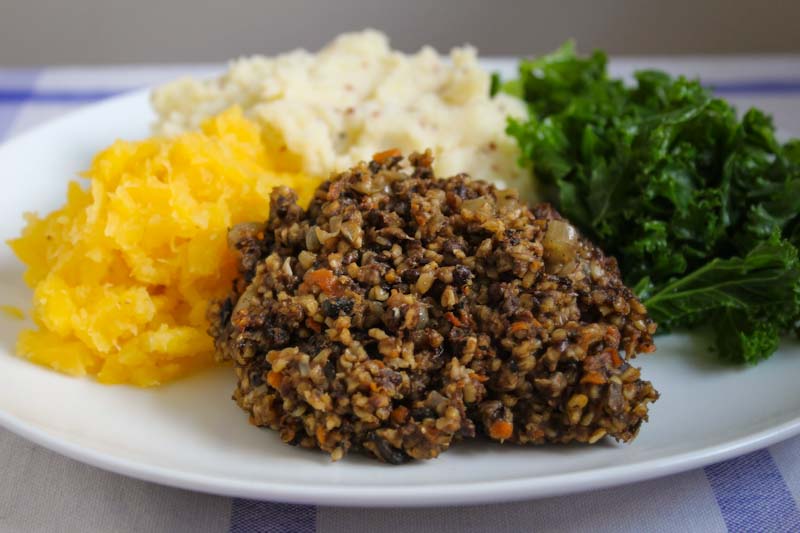
Burns Night (25 January)
Some hae meat and canna eat,
And some wad eat that want it;
But we hae meat, and we can eat
Sae let the Lord be thankit.
– The Selkirk Grace, Robert Burns
Whether you’re a Scot or not, Burns Night has become a widespread celebration for many!
The annual occasion is a celebration of the life and work of Scottish poet, Robert Burns – a chance to rejoice in poetry, while indulging in the comfort of food and drink.
The traditional meal of “Haggis, neeps and tatties” is a winter warmer which many have grown accustomed to over the years… In fact, vegan haggis has also become more commonplace in recent years too!
What is haggis?
As described by The Pesky Vegan:
“Often described as Scotland’s national dish, traditional haggis is a meat pudding that consists of sheep’s heart, liver, and lungs, together with oatmeal, suet, and spices, all cooked inside the stomach of the animal itself. It is usually served alongside neeps (mashed swede or turnip) and tatties (mashed potato).”
While many won’t feel too appetised by the above description, others really love it! However, even meat-eaters may be tempted by the vegan version…
The good news is some local butchers, supermarkets and online retailers sell the vegan alternative alongside traditional haggis.
Or, if you’re feeling extra adventurous, you can follow The Pesky Vegan’s recipe here.
What shall I do if I have leftovers?
If you’re looking for some post-Burns Night leftovers inspiration, look no further than the Love Food Hate Waste website, which features recipes such as Haggis Burritos, Haggis Nachos and Haggis Pie.
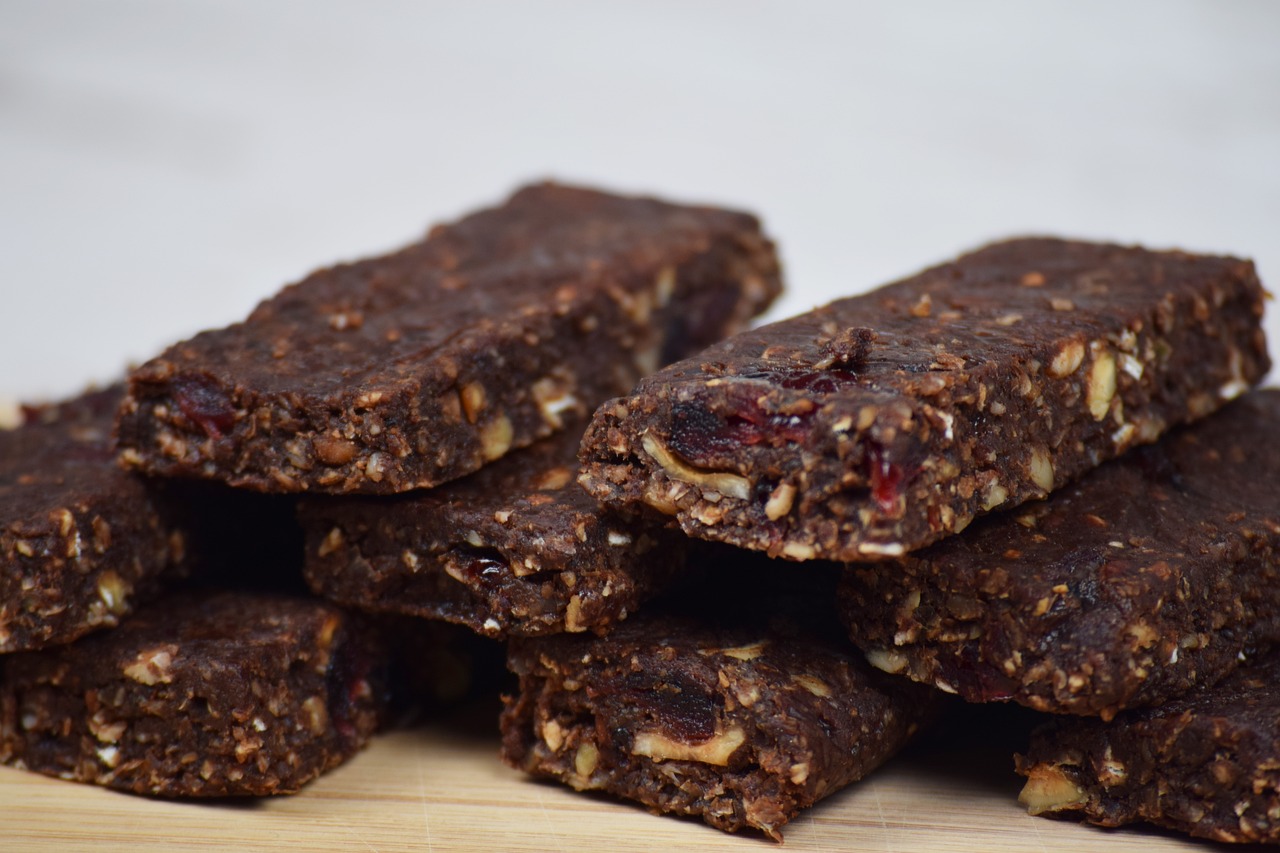
World Vegan Chocolate Day (31 January)
Coinciding with the last day of Veganuary, WVCD (World Vegan Chocolate Day) provides an opportunity to celebrate in style…
Launched in 2022 by the “Vegan Willy Wonka”, Adrian Ling, WVCD was created to show that vegan chocolate can be just as delicious as dairy, with a view to spreading the ethical and environmental benefits brought about by veganism – to create a fairer and more sustainable chocolate industry.
Once widely restricted to dark chocolate, vegans can now enjoy cocoa-based products in a variety of guises such as hot chocolate and truffles.
Household names such as Cadbury’s (via their Plant Bar) and Mars (via vegan Galaxy bars) have also embraced the rise of veganism.
Ling, who is also the CEO of Plamil Foods, encourages people to celebrate WVCD by tasting vegan chocolate, as well as baking with it and gifting it to friends.
In need of some vegan chocolate inspiration? Visit BBC Good Food for a range of recipes including vegan chocolate chip cookies, vegan brownies and vegan millionaire’s shortbread – plus many more!
That’s a wrap!
Thank you for taking the time to read our Food for Thought blog – we hope you’ve enjoyed it!
Please note, with the exception of MRWA-published documents, external links feature within this article are not officially endorsed by MRWA and are for reference and information purposes only.


